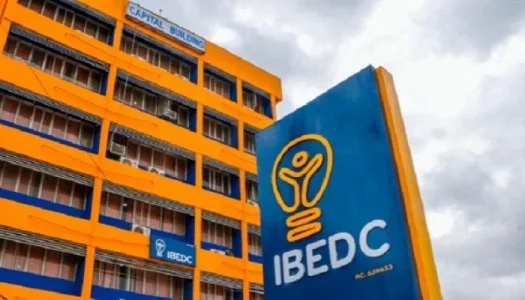
London court allows Chinese firm Zhongshan Fucheng to seize Nigerian properties in the UK over a $70 million arbitration award. The ruling challenges Nigeria's state immunity claims and highlights complexities in international investment disputes. Nigeria plans to appeal, citing concerns over public international law issues.
In a significant legal development, a London commercial court has granted Zhongshan Fucheng Industrial Investment Co. Ltd final charging orders over two Nigerian-owned properties in the UK. This ruling stems from a long-standing dispute over a $70 million investment treaty award against Nigeria.
The case originates from a 2010 agreement where Zhongshan acquired rights to develop a free trade zone in Ogun state, Nigeria. The project faced complications in 2016 when the state government allegedly attempted to terminate the company's appointment. This led to an arbitration process under the China-Nigeria Bilateral Investment Treaty, resulting in a $70 million award against Nigeria.
Despite Nigeria's claims of state immunity and arguments that the properties were intended for consular services, Master Lisa Sullivan ruled in favor of the Chinese firm. The court found that the properties, located in Liverpool, had not been used for diplomatic purposes for 34 years and were currently leased to residential tenants.
Nigeria's legal team, led by Timi Balogun of Squire Patton Boggs, expressed disagreement with the decision, citing concerns over complex public international law issues, including state immunity. They plan to appeal the ruling, seeking higher court consideration of these matters.
This case highlights the intricate nature of international investment disputes and their potential impact on sovereign assets. It also underscores the challenges faced by nations in protecting state-owned properties abroad while navigating complex treaty obligations.
As the legal battle continues, this ruling sets a precedent for enforcing arbitration awards against sovereign states, potentially influencing future international investment disputes and diplomatic relations between nations involved in such agreements.




